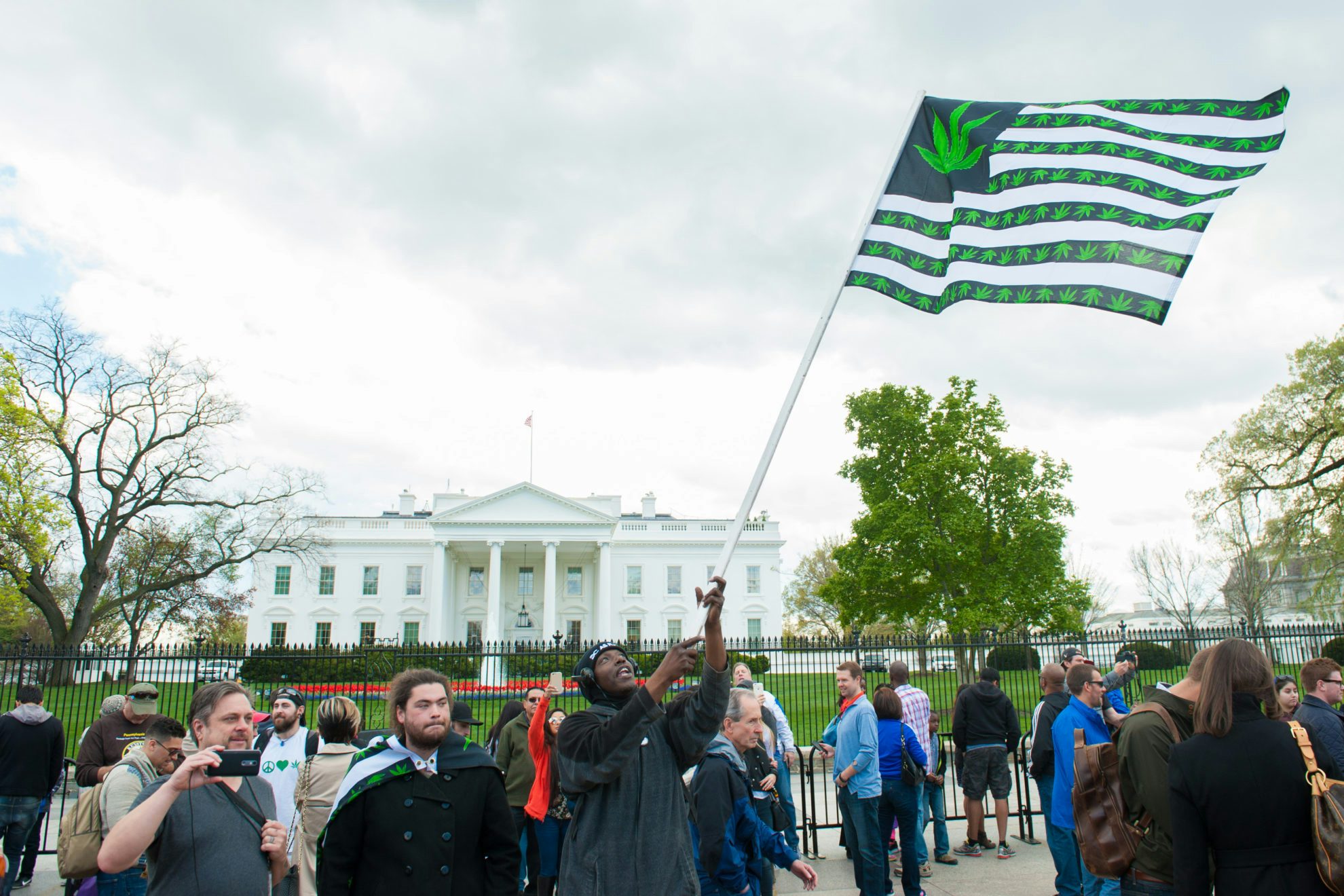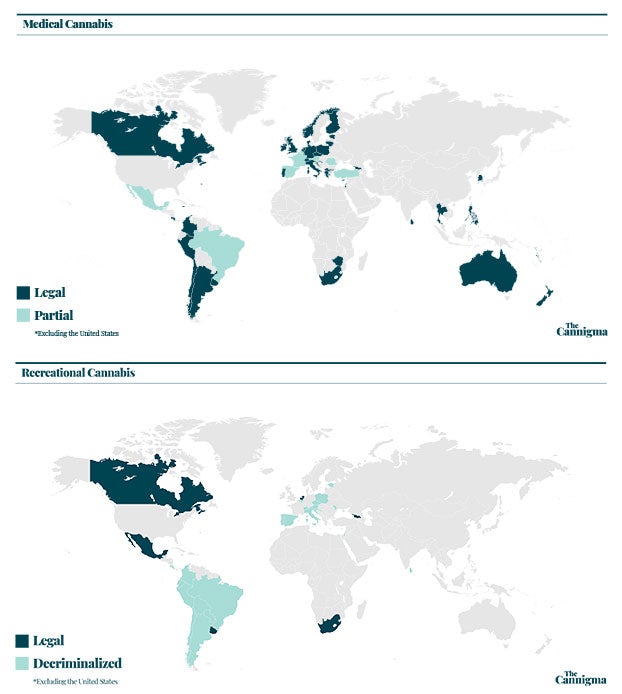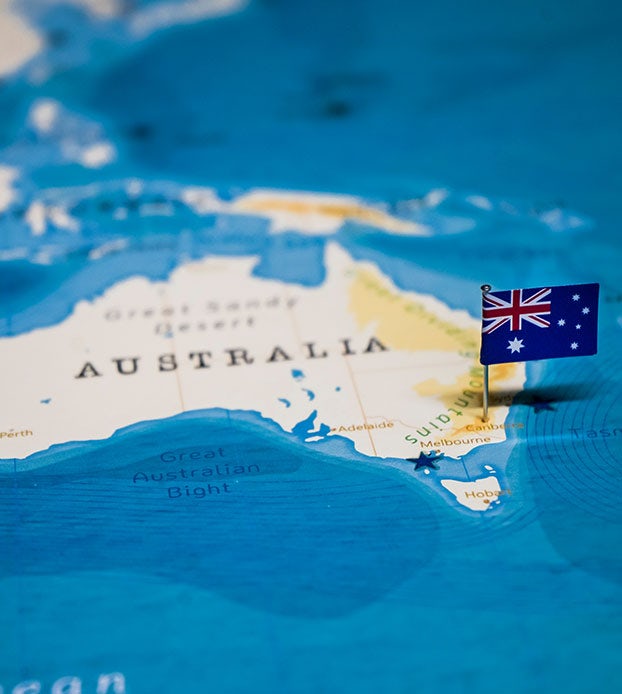Medical: legal, but limited
Recreational: decriminalized
Recreational cannabis is illegal in Slovenia but possessing small amounts of cannabis for personal use is not considered a criminal offense. Medical marijuana is not technically legal, but cannabinoid-based medications are.
Cannabis in Slovenia
Cannabis is the most popular illicit drug in Slovenia, with an estimated 10% of the young adult population partaking, and the country has fairly progressive cannabis laws. In 2014, Slovenia’s government approved a new harm reduction plan which regulated that personal possession was no longer a criminal offense. The same year, the government reclassified cannabinoids to make them available for medical use.
Slovenia has a long history of cultivating industrial hemp. Still, officially the market is only 18 years old, as the country joined the EU in 2004, and thus fell into compliance with EU hemp regulations.
Possible penalties
Possession of small amounts of cannabis for personal use is not considered a criminal offense. Instead of jail time, offenders must pay a fine of a few hundred Euros (the exact amount varies based on quantity.)
While possession is not a crime, growing and selling the plant is. Anyone who is found to “manufacture and traffic illicit drugs” or “facilitate the consumption of illicit drugs” can face between 1 – 15 years in prison. Offering drugs for consumption or offering drugs to minors can bring a sentence of six months to eight years.
Medical marijuana in Slovenia
Slovenia’s medical program exists, but it’s not straightforward. Medical marijuana is not legalized, but cannabinoid-based medications are.
This disconnect comes from a 2014 re-classification by the Slovenian government. After a 2013 medical initiative failed to pass, the government reclassified cannabinoids from Class I illegal drugs to Class II, so they can be used for medical purposes. Patients can take cannabinoid-based drugs, like Sativex and Marinol, with a doctor’s prescription. No special conditions (for patients) or special licenses (for doctors) are needed. The participation in, or cost of this program in 2022 is unclear.
CBD regulations
CBD exists in a grey area in Slovenia. Industrial hemp (less than 0.2% THC) is widely cultivated and growers with less than 0.1 hectares do not require a license, so nearly anyone can grow.
CBD products were widely available until an EU directive came out that classified CBD as a “novel food.” Being licensed to sell products with this qualification can be an expensive and lengthy process, and product availability is much reduced. However, an internet search shows several CBD stores throughout the country.
As a member of the European Union, Slovenia is beholden to the 2020 EU Court ruling that determined CBD and its products were not narcotics, so “a country of the European Union cannot prohibit the marketing of cannabidiol legally produced in another member state.”
Sign up for bi-weekly updates, packed full of cannabis education, recipes, and tips. Your inbox will love it.

 Shop
Shop Support
Support
















